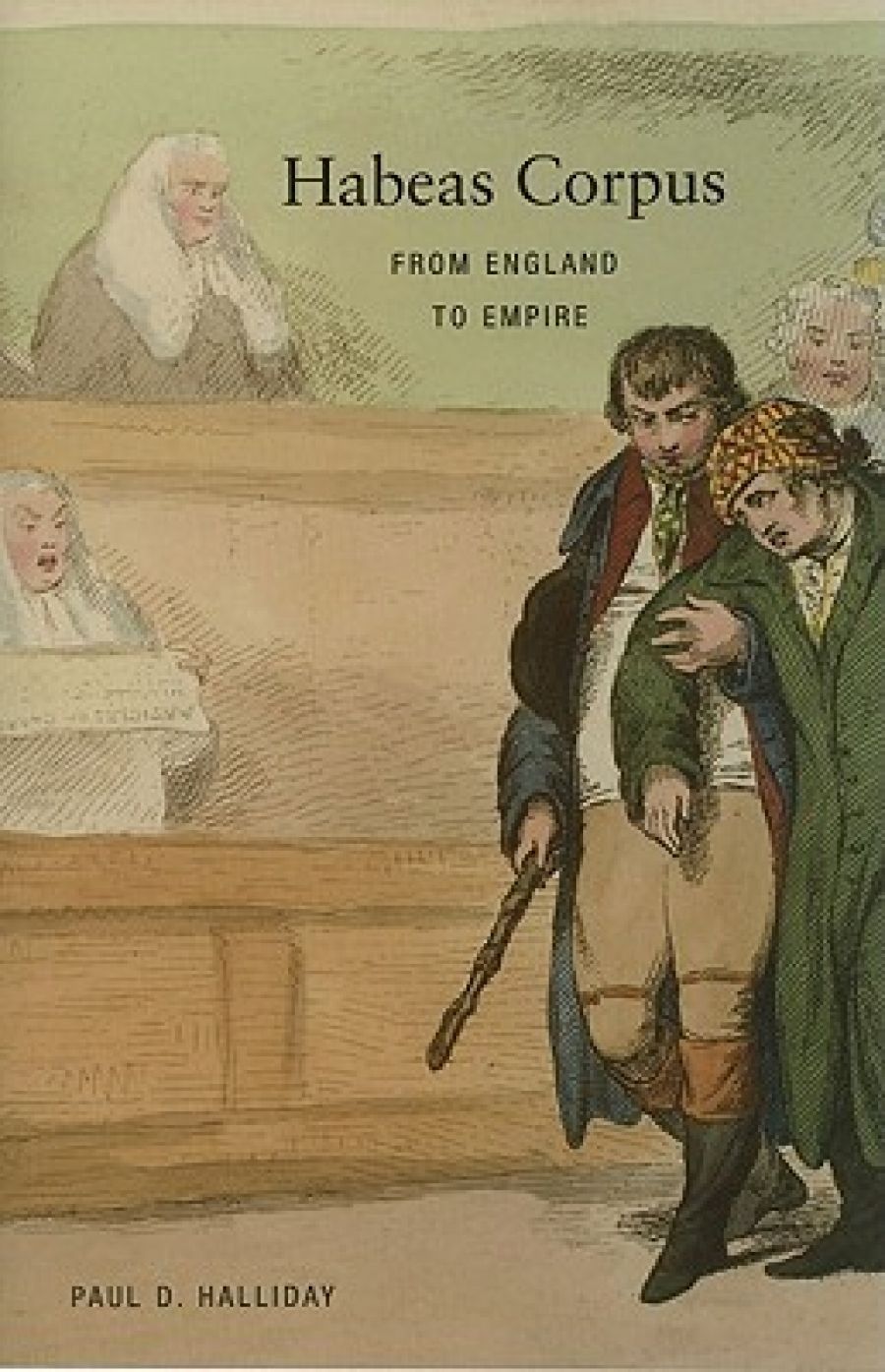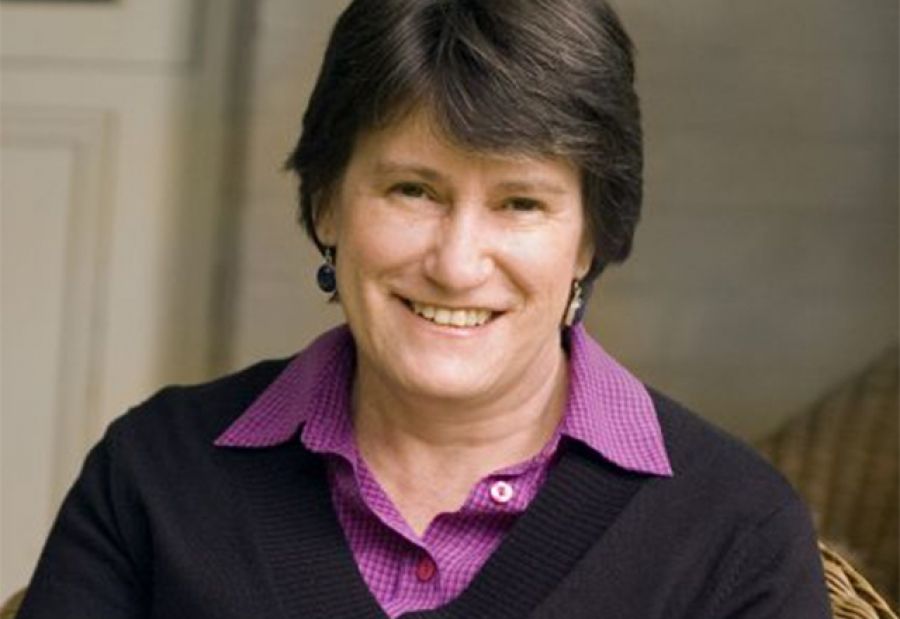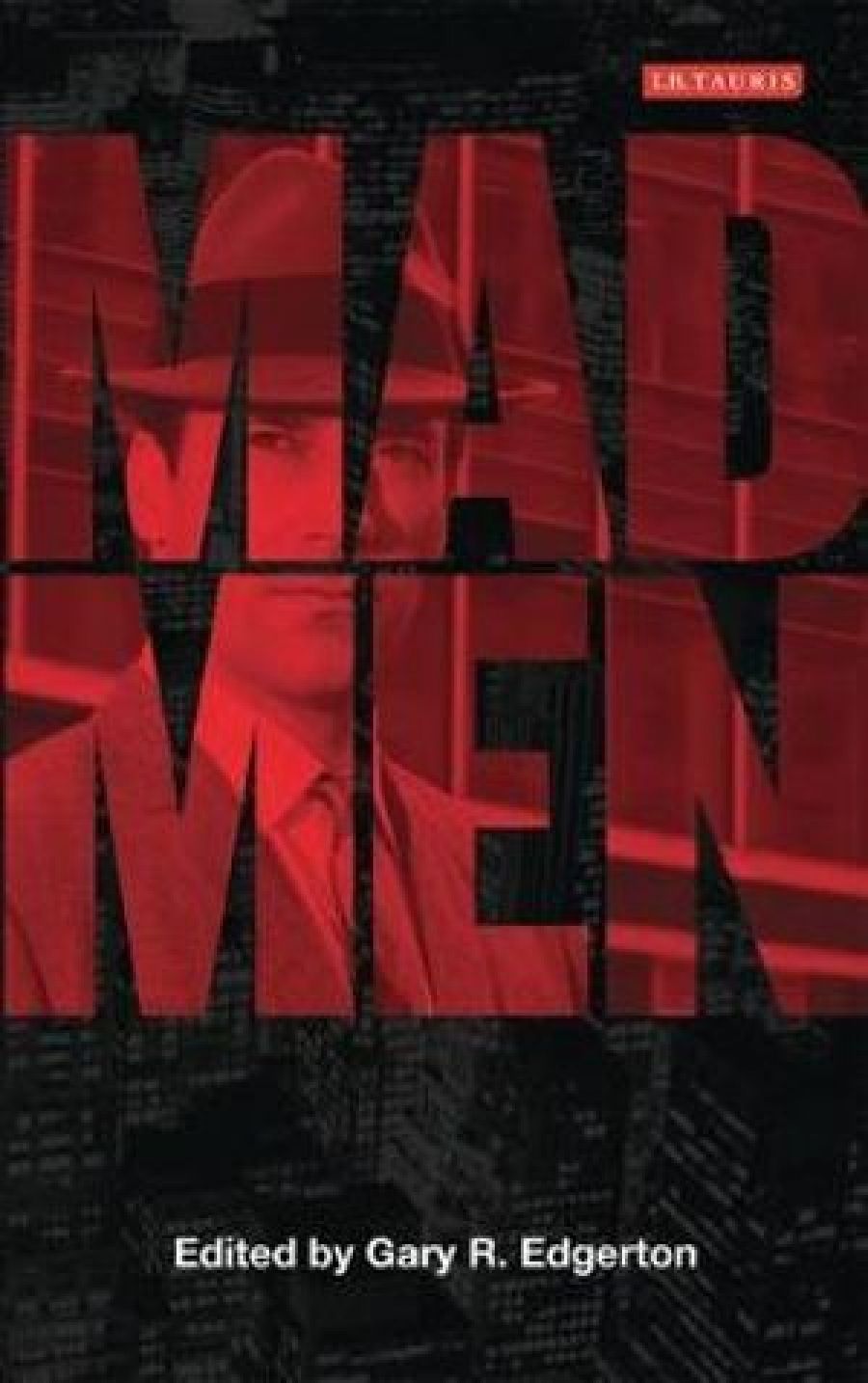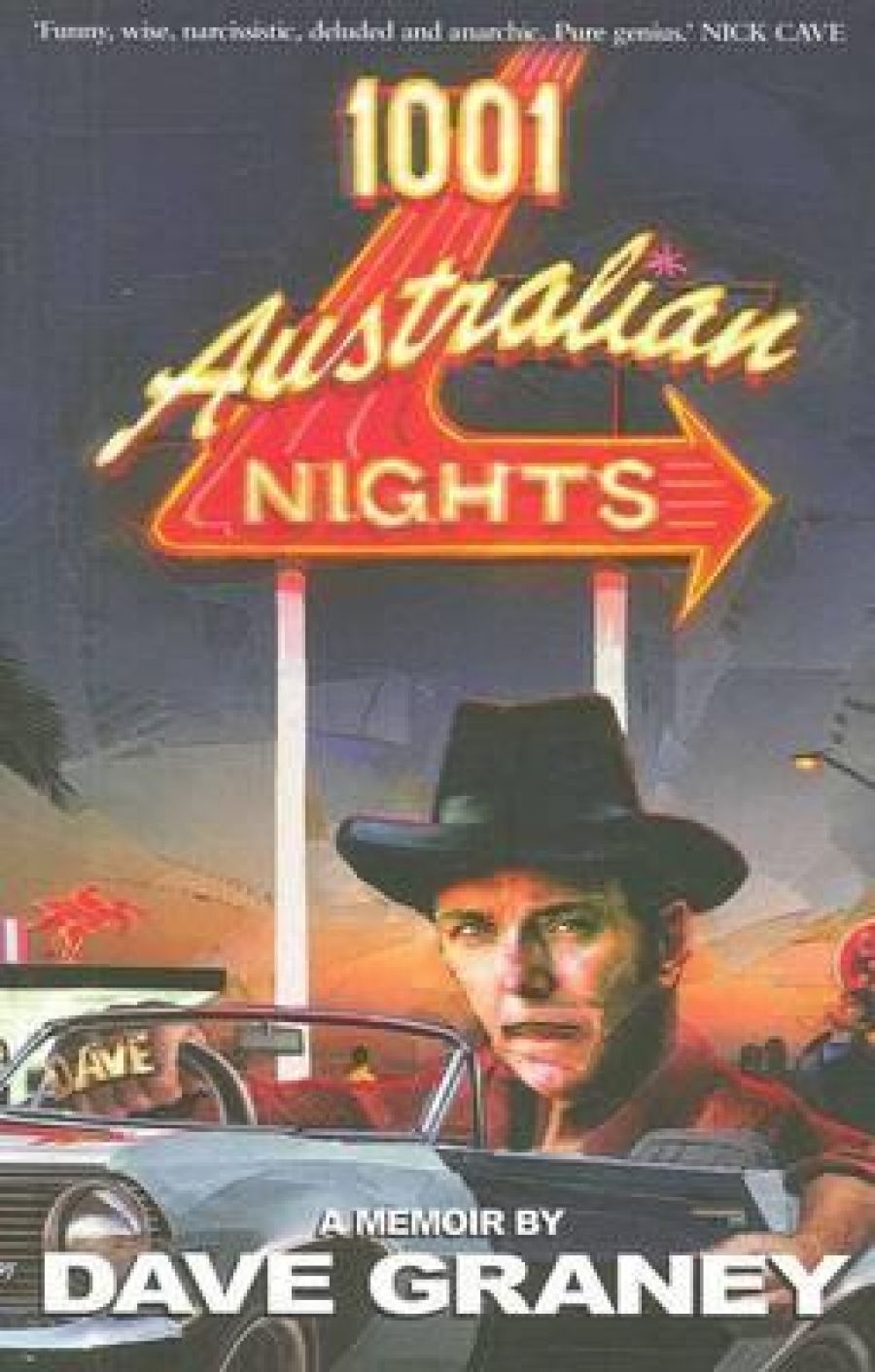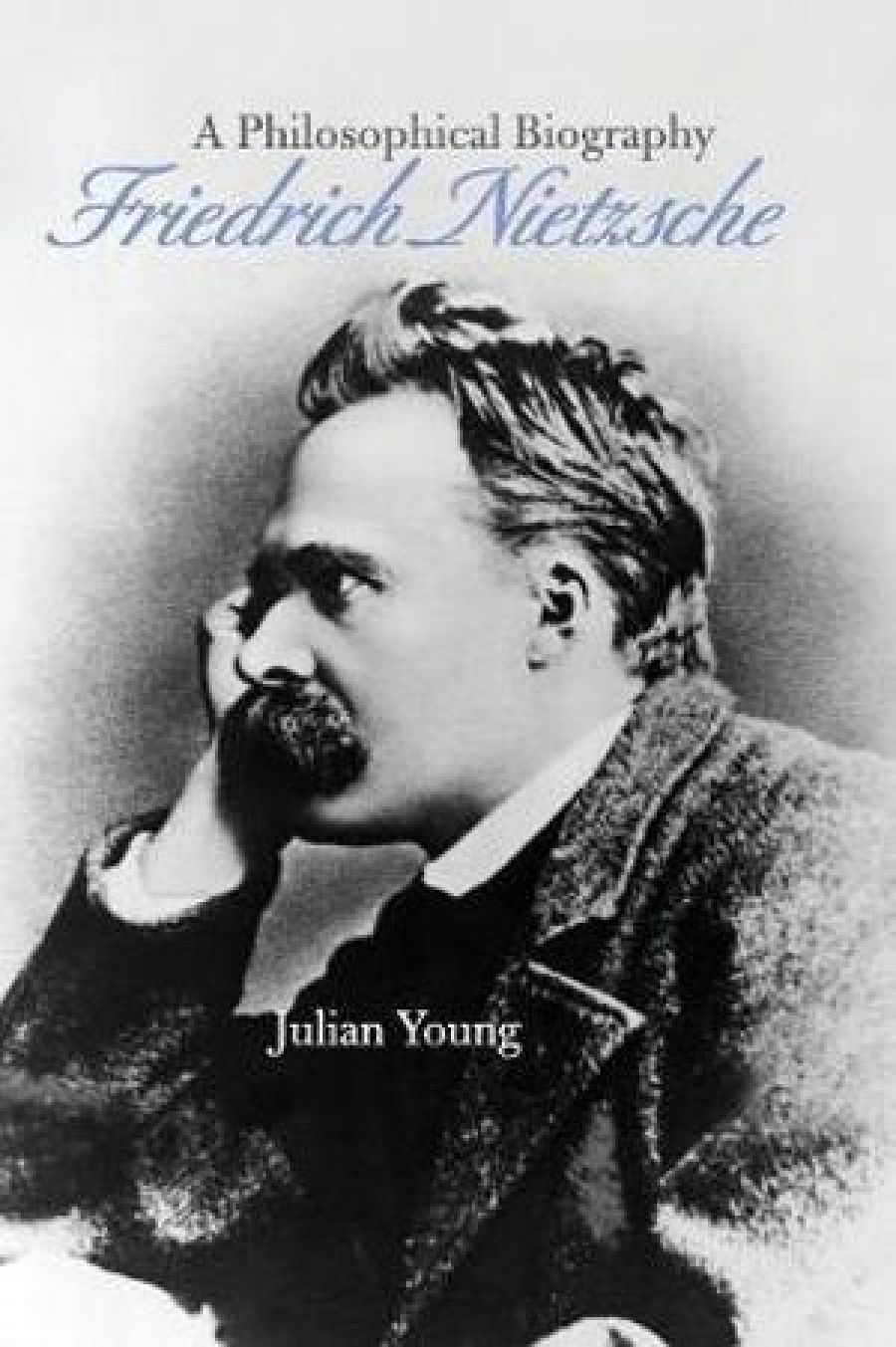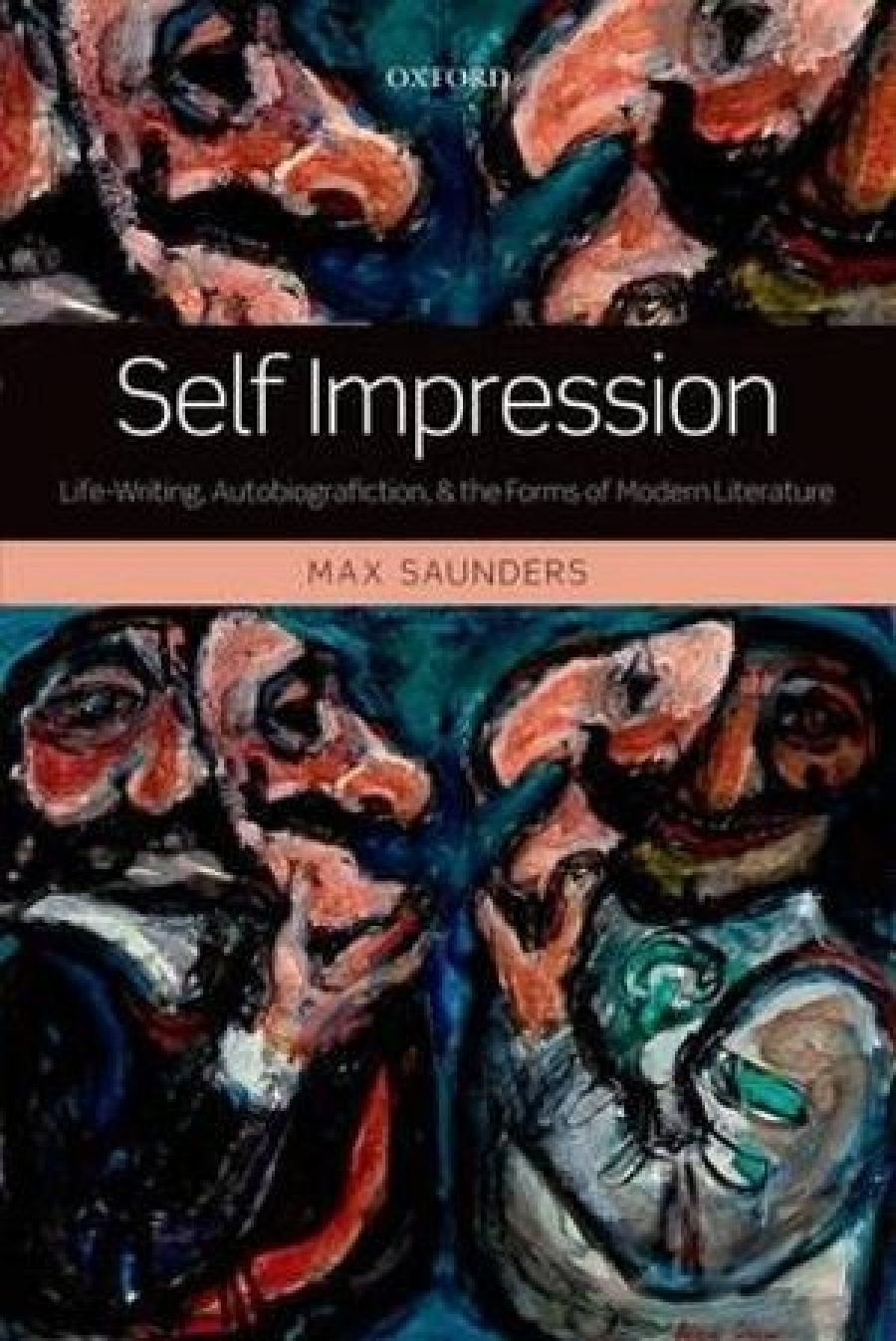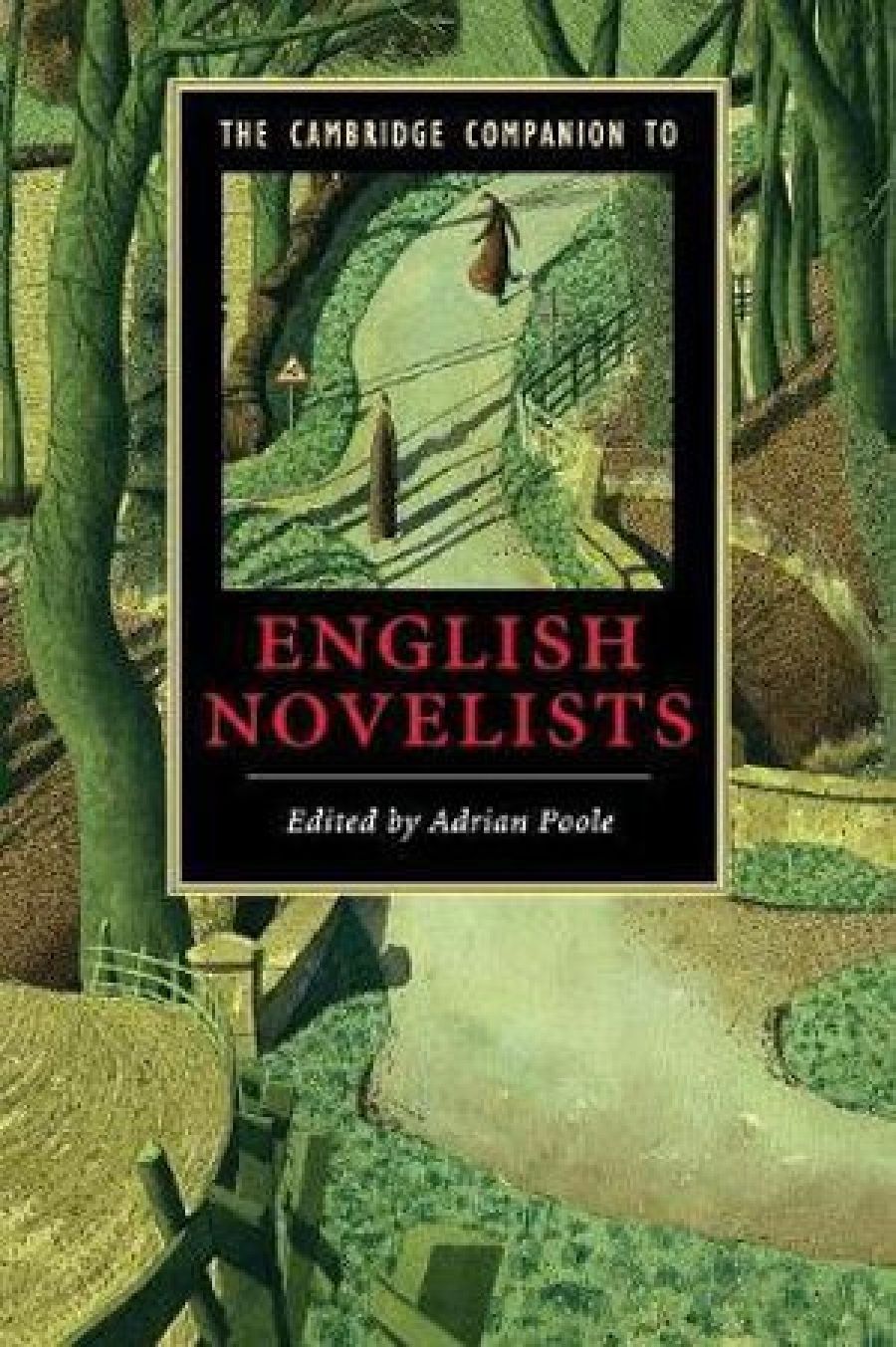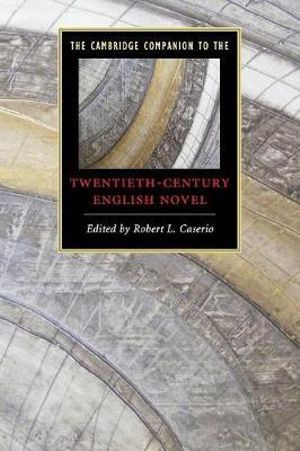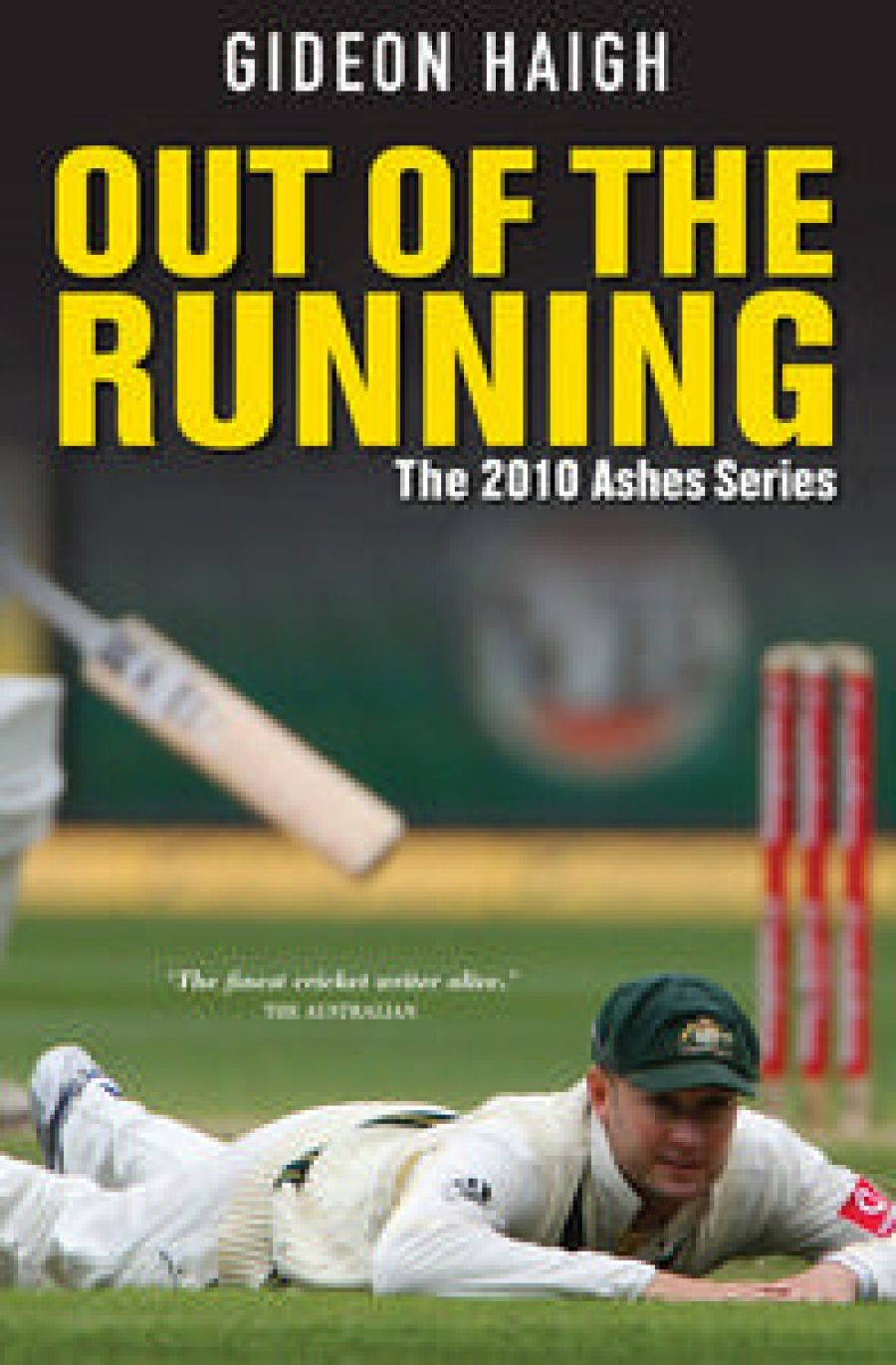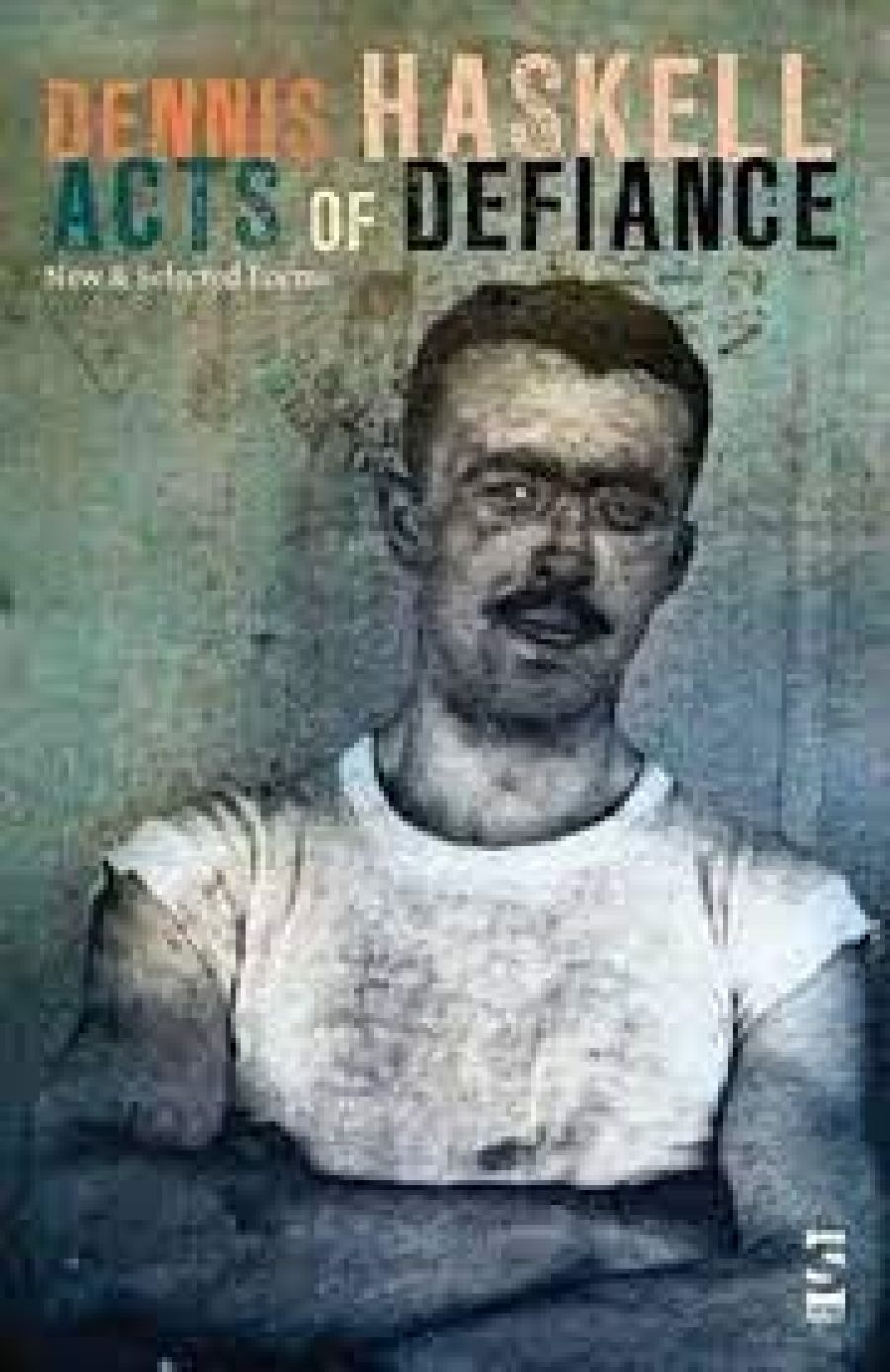- Free Article: No
- Contents Category: Advances
ABR is now online
This month we launch our online edition. ABR OE, which complements but in no way replaces the print version, is probably the most important innovation at ABR since its revival in 1978. With this additional resource, ABR is well placed to maximise its potential and reach those readers and institutions that prefer electronic forms.
Much work has gone into ensuring that the online edition is versatile and user-friendly. Further modifications will occur in coming months to enhance its appeal and functionality.
Subscribing to ABR OE is quick and straightforward. To subscribe or to purchase access to the current issue alone go straight to our website. All subscriptions should be completed online, unless you are adding ABR OE to your current print subscription ($20 per year), in which case you should call us on (03) 9429 6700.
ABR Elizabeth Jolley Short Story Prize
Due to the generosity of one of our Patrons, Mr Ian Dickson, we are able to increase the prize money for our short story prize, now renamed after one of Australia’s finest writers. Total prize money for the ABR Elizabeth Jolley Short Story Prize is $8000 – with a first prize of $5000. Short story writers will join us in thanking Mr Dickson for his magnificent support.
Peter Porter Poetry Prize
For the first time, two poets have shared our Poetry Prize. The judges – Morag Fraser and Peter Rose – couldn’t separate Judith Bishop (‘Openings’) and Tony Lintermans (‘Self-portrait at Sixty’). Each poet receives $2000. Almost five hundred poems were entered this year, and all five shortlisted works appeared in our March issue.
Judith Bishop – who becomes the first person to win ABR’s Poetry Prize twice – told Advances: ‘To win a prize dedicated to the memory of a poet of Peter Porter’s calibre, range, and emotional depth is deeply humbling.’
Tony Lintermans likewise reflected on Peter Porter’s legacy, and humanity: ‘What a joy to share the Peter Porter Poetry Prize. The only time I met Peter Porter, at an Adelaide Festival years ago, he was typically generous and thoughtful in his comments. I think of this poem as a small and sadly belated answer to his kindness.’
Vale Hazel Rowley
ABR was shocked to learn in late February of Hazel Rowley’s grievous and unexpected illness. Within days she was dead, aged fifty-nine. Dr Rowley, who lived in New York City, was due in Australia to talk about her new book, Franklin & Eleanor: An Extraordinary Marriage (MUP). When she wrote for Open Page in February , this stylish, forthright writer and thinker was already planning her next book. Now there is talk of a memorial lecture or scholarship to honour her life and work. Meanwhile, Lucy Sussex reflects on Hazel Rowley’s stellar achievements in this issue.
Patrick White
Australia’s most celebrated writer may be ‘scandalously’ unread abroad – and little read in his own country – but he is never far from the news. This interest will surely mount as we approach his centenary in 2012. One highlight will be the publication of The Hanging Garden, begun and put aside in 1981. David Marr has described this 25,000-word story as ‘a masterpiece in the making’.
In our cover story, Professor Charles Lock of the University of Copenhagen derides the ‘almost comically restricted way’ White’s local critical custodians seek to measure and justify his works ‘only by Australian standards and terms of comparison’, and laments the fact that this inimitable modernist is virtually unread outside Australia.
Chong’s cover portrait of Patrick White is available in a limited edition. Interest in this portrait is particularly high, so don’t delay if you wish to acquire a copy. Call us on (03) 9429 6700 or order your print online.
Perth and Adelaide
Early last month, Advances was in Perth for the Writers’ Festival. The University of Western Australia must be one of the finest venues for a literary festival. Laura Kroetsch, the new Executive Producer of Adelaide Writers’ Week, was there too. Ms Kroetsch joins Adelaide after many years as Program Manager of Wellington’s highly regarded literary festival. Change is in the air at Adelaide, which is very welcome. Writers’ Week will now be an annual affair. The site of Writers’ Week (all but sacred to many) remains unchanged, but Ms Kroetsch and her colleagues are planning many improvements to the venue and the program. These will broaden the festival’s appeal, lessen crowd congestion, and improve audibility and sightlines.
Signed books by David Malouf
Ten new print subscribers in April will receive a signed copy of The Happy Life (Quarterly Essay 41), written by David Malouf, with thanks to Black Inc.. We have two giveaways for other new and renewing subscribers: fifty double passes to the film Brighton Rock, which Jake Wilson reviews in this issue (courtesy of Madman); and ten copies of the film tie-in edition of Graham Greene’s novel (courtesy of Random House). Call us now to subscribe: (03) 9429 6700.
CONTENTS: APRIL 2011


